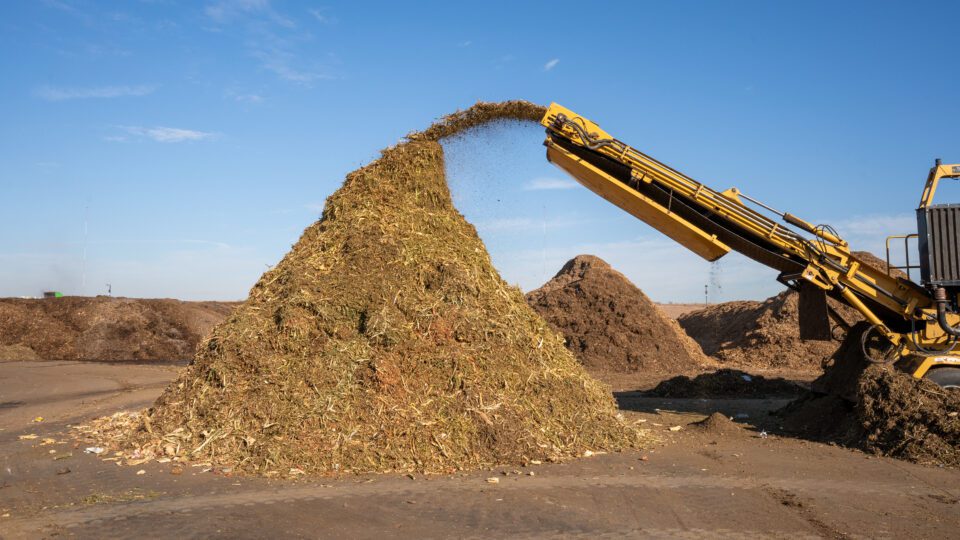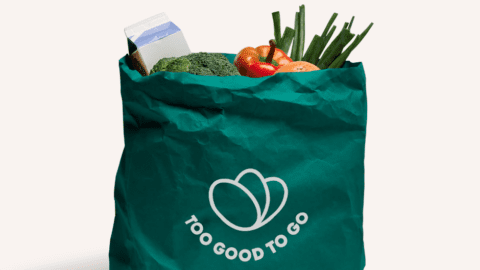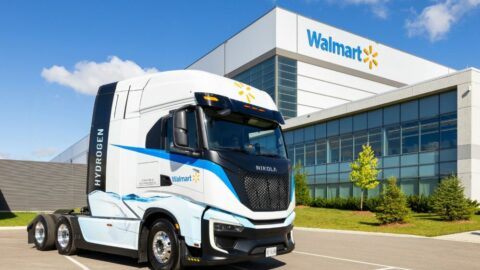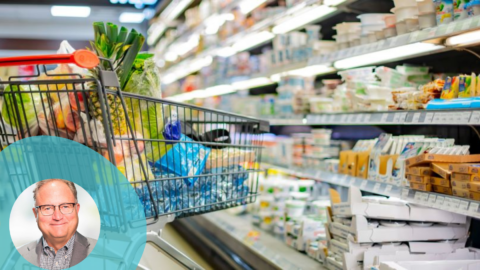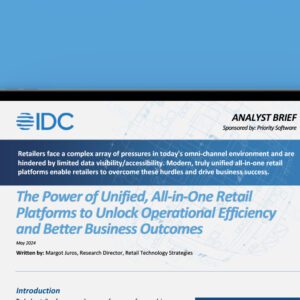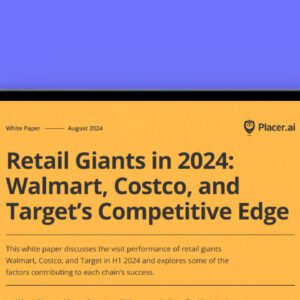Walmart has partnered with organic materials recycler Denali to improve its food waste recycling process at more than 1,400 Walmart and Sam’s Club locations across the U.S. The program is already live at stores in more than 16 markets — including Houston, Dallas, Philadelphia, Washington D.C., Indianapolis, Phoenix and cities across New Hampshire, Rhode Island, Massachusetts and Connecticut — with the rollout scheduled to continue nationwide into 2025.
Denali’s de-packaging processes separate food from its packaging materials instead of having associates do it manually. The company is then able to produce a cleaner stream of organic material that can be turned into animal feed, compost or converted into energy with anaerobic digesters. Denali’s de-packaging facilities can separate up to 97% of all trash from organic food waste, including expired food products, recalled items, food scraps, spoiled deli, bakery and produce items and other food categories, including animal products, as well as dry and liquid goods.
“As a people-led, tech-powered retailer, Walmart is focused on driving innovations that build operational efficiency, improve store associates’ experience and help reduce waste,” said RJ Zanes, VP of Facility Services at Walmart in a statement. “Denali’s de-packaging technology can help enable us to turn millions of pounds of potential food waste into useful products each year while allowing our associates to devote more time to serving our customers.”
Walmart is one of the first retailers to leverage Denali’s de-packaging capabilities at scale. Based on early testing, the partnership has increased the volume of potentially reusable organic content recovered from participating Walmart and Sam’s Club locations by more than 60% and reduced their compactor trash by an estimated 12%.
Advertisement
For Walmart, the partnership is another in a series of sustainability initiatives, including the use of more energy-efficient trucks, a pilot program to better manage the supply of fresh produce, a $120 million investment in regenerative agriculture alongside PepsiCo, joining a Consumer Goods Forum on addressing food waste and capturing carbon for the creation of sustainable textiles.



